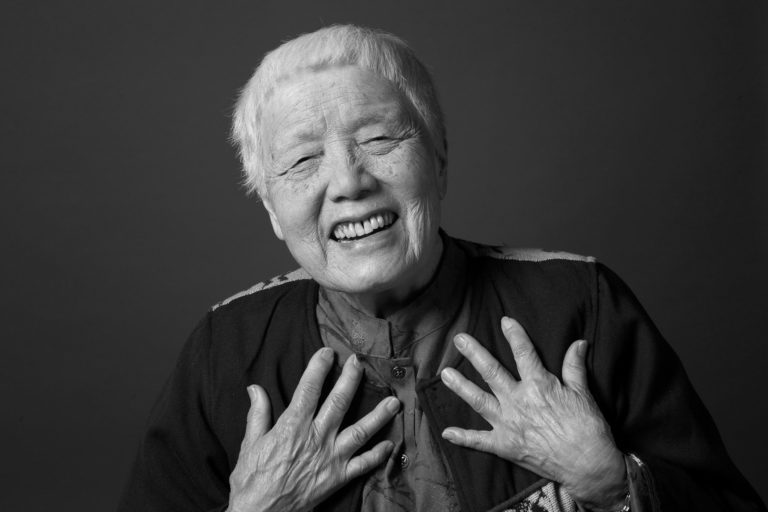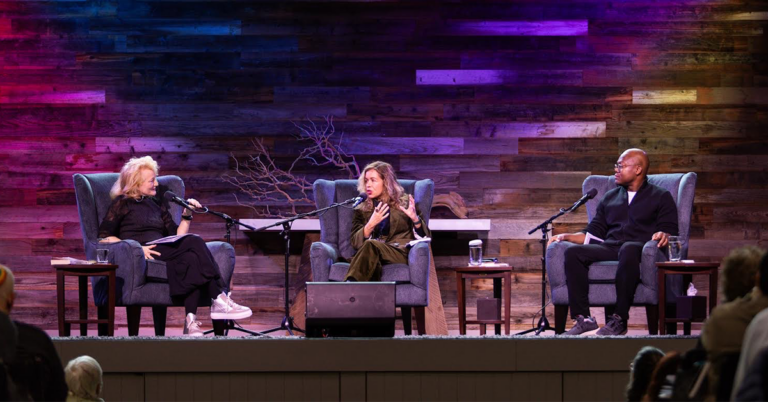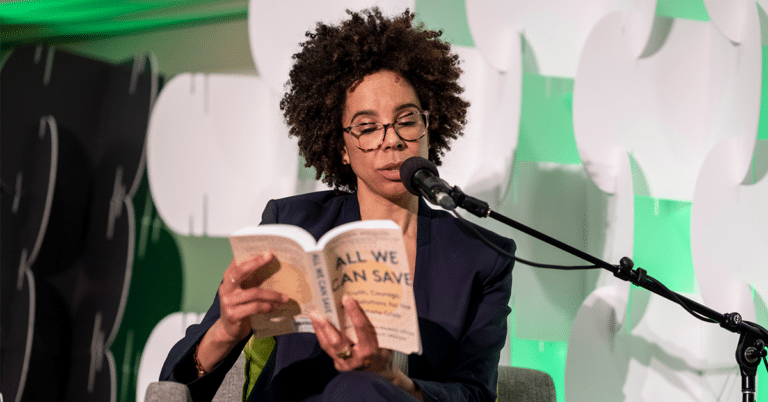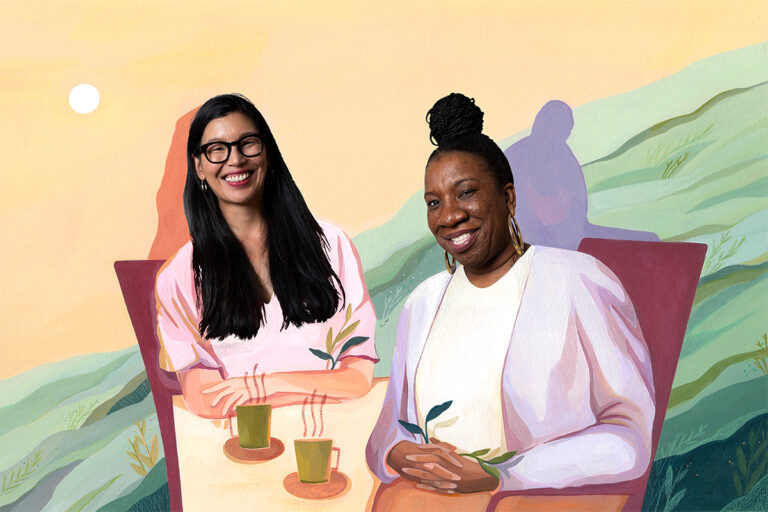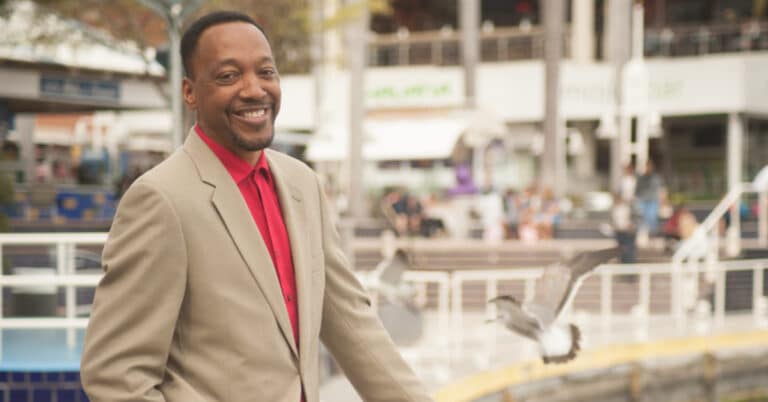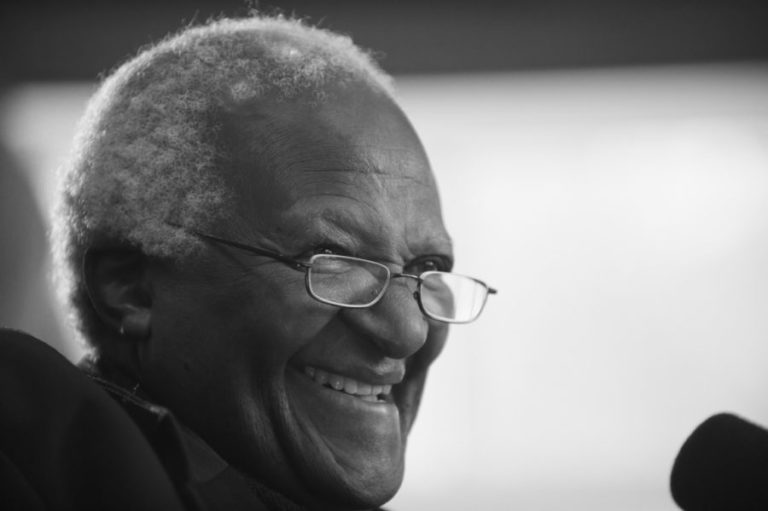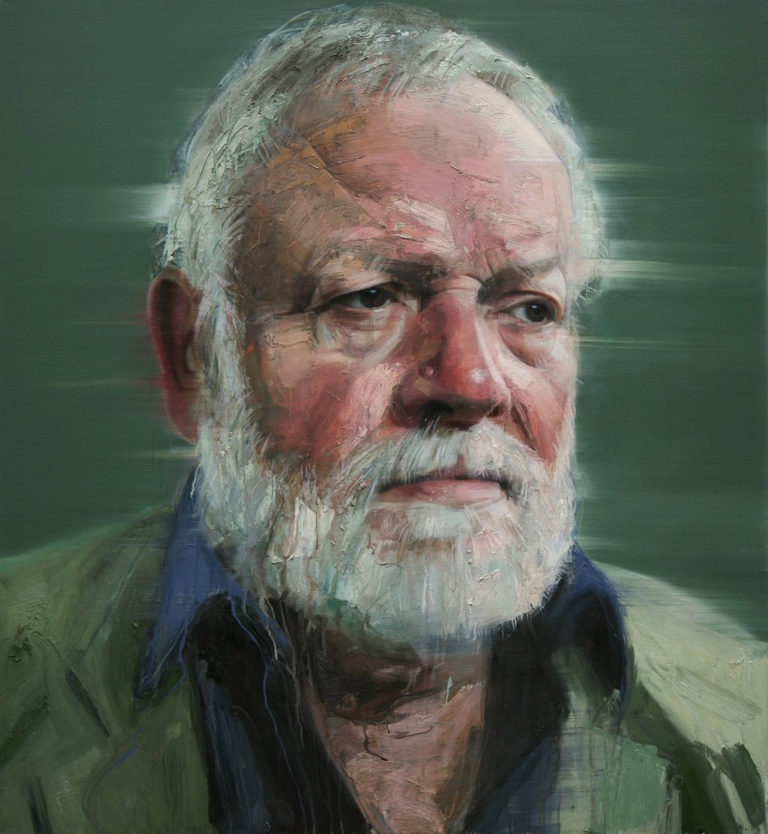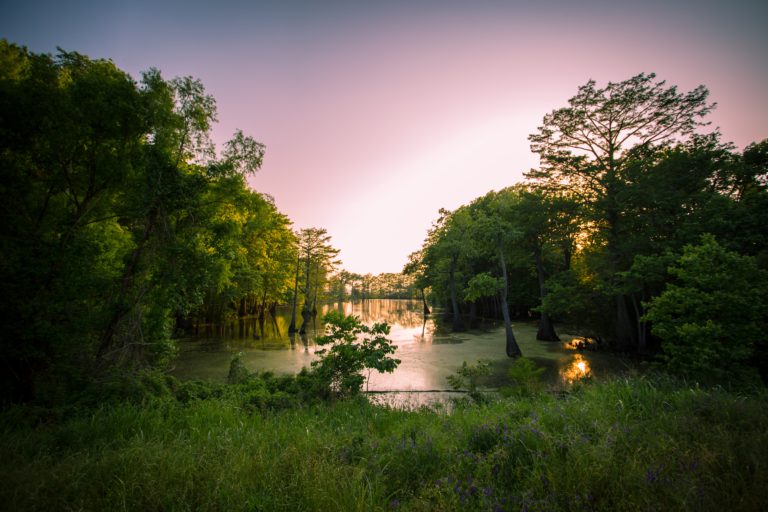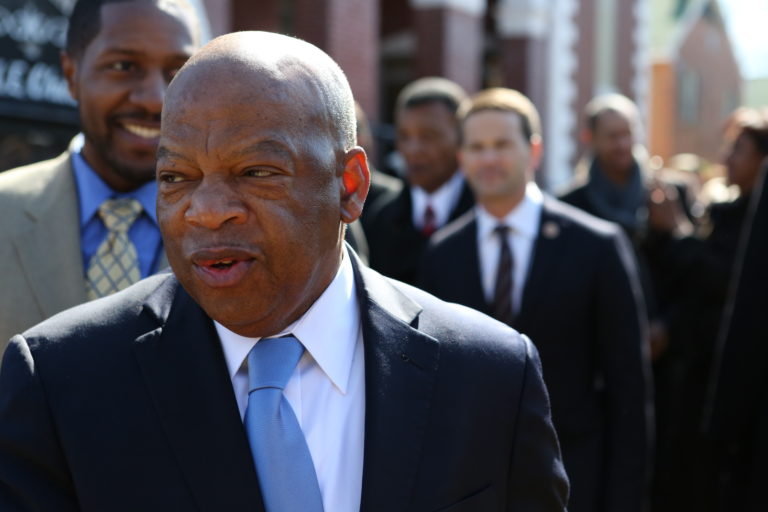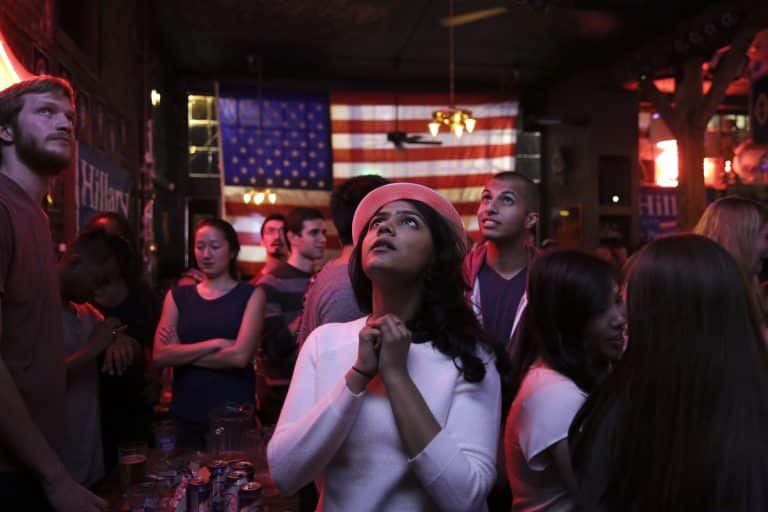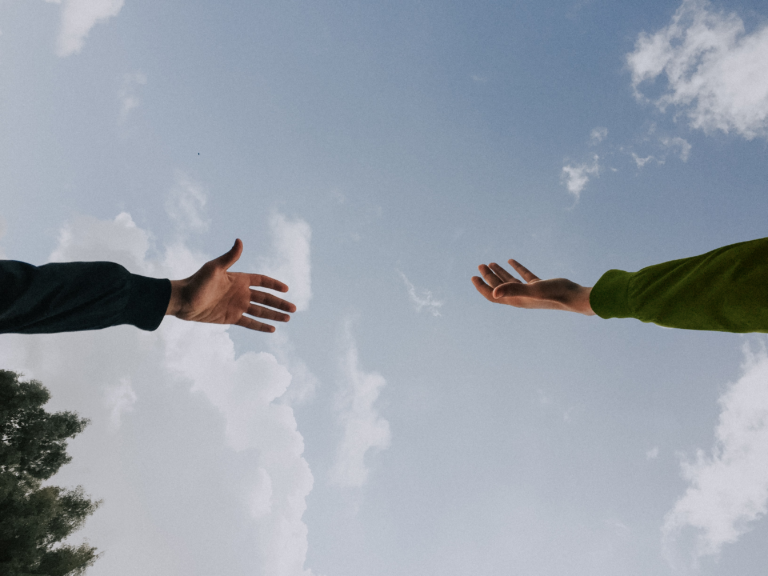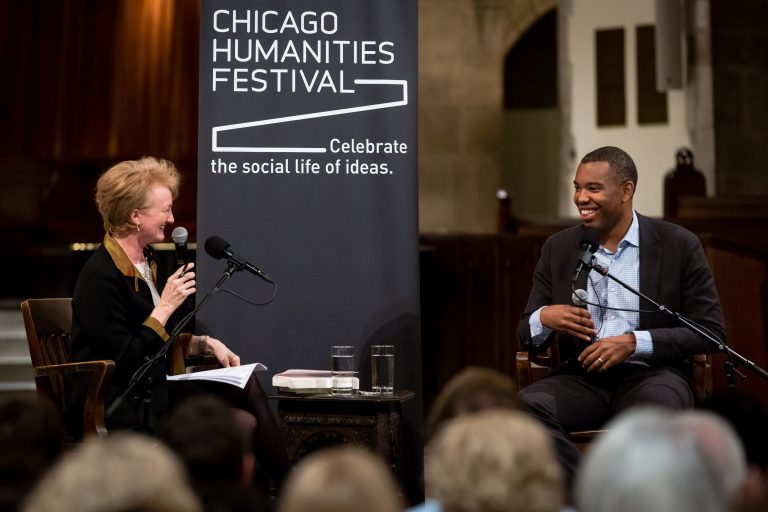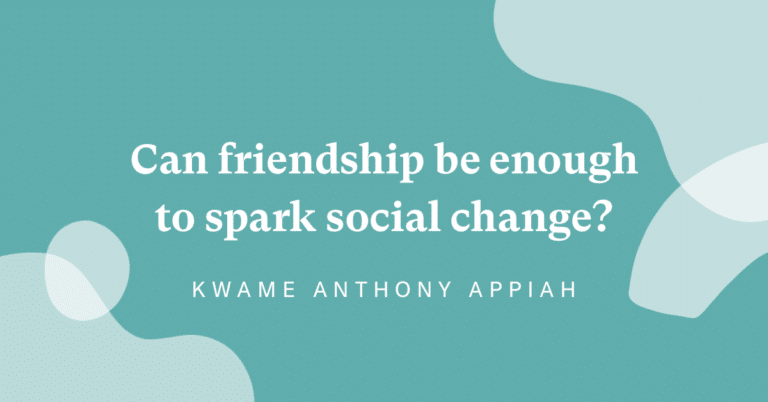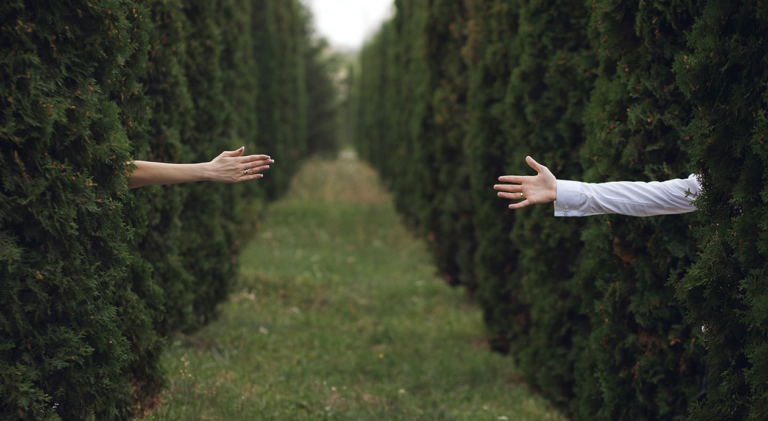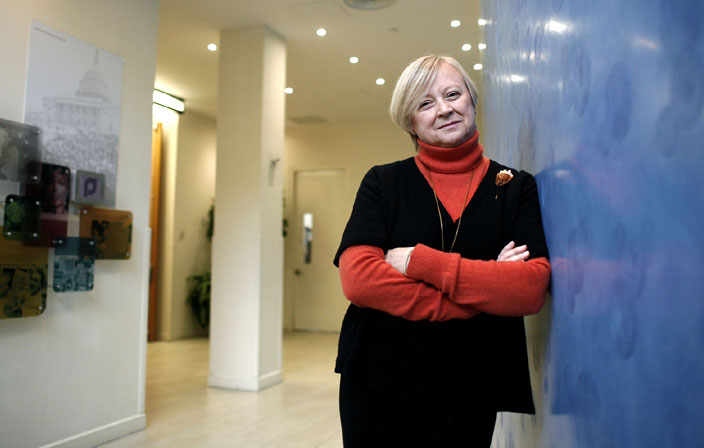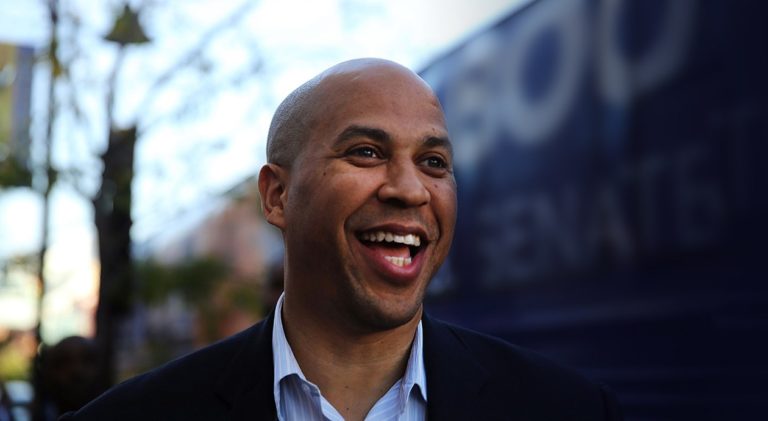Chinese-American philosopher and civil rights legend Grace Lee Boggs turned 100 this summer. She has been at the heart and soul of a largely hidden story inside Detroit’s evolution from economic collapse to rebirth. We traveled in 2011 to meet her and her community of joyful, passionate people reimagining work, food, and the very meaning of humanity. They have lessons for us all.
Political Values
Featured Items
Ta-Nehisi Coates says we must love our country the way we love our friends — and not spare the hard truths. “Can you get to a place where citizens are encouraged to see themselves critically, where they’re encouraged to see their history critically?” he asks. Coates is a poetic journalist and a defining voice of our times. He’s with us in a conversation that is joyful, hard, kind, soaring, and down-to-earth all at once. He spoke with Krista as part of the 2017 Chicago Humanities Festival.
View
- List View
- Standard View
- Grid View
44 Results
Filters
May 23, 2024
Lyndsey Stonebridge and Lucas Johnson
On Love, Politics, and Violence (Channeling Hannah Arendt)
Here is a stunning sentence for you, written by Lyndsey Stonebridge, our guest this hour, channeling the 20th-century political thinker and journalist Hannah Arendt: “Loneliness is the bully that coerces us into giving up on democracy.” This conversation is a kind of guide to generative shared deliberations we might be having with each other and ourselves in this intensely fraught global political moment: on the human underlay that gives democracy its vigor or threatens to undo it; on the difference between facts and truth — and on the difference between violence and power. Krista interviewed Lyndsey once before, in 2017, after Hannah Arendt’s classic work, The Origins of Totalitarianism, had become a belated runaway bestseller. Now Lyndsey has published her own wonderful book offering her and Arendt’s full prescient wisdom for this time. What emerges is elevating and exhilaratingly thoughtful — while also brimming with helpful, practicable words and ideas. We have, in Lyndsey’s phrase, “un-homed” ourselves. And yet we are always defined by our capacity to give birth to something new — and so to partake again and again in the deepest meaning of freedom.
Hannah Arendt’s other epic books include The Human Condition, and Eichmann in Jerusalem, in which she famously coined the phrase “the banality of evil.” She was born a German Jew in 1906, fled Nazi Germany and spent many years as a stateless person, and died an American citizen in 1975. This conversation with Lyndsey Stonebridge happened in January 2024, as part of a gathering of visionaries, activists, and creatives across many fields. Krista interviewed her alongside Lucas Johnson, a former leader of the International Fellowship of Reconciliation who now leads our social healing initiatives at The On Being Project.
There is an ecological transformation unfolding in the places we love and come from. On a front edge of this reality, which will affect us all, Colette Pichon Battle is a singular model of brilliance and graciousness of mind and spirit and action. And to be with her is to open to the way the stories we tell have blunted us to the courage we’re called to, and the joy we must nurture, as life force and fuel for the work ahead. As a young woman, she left her home state of Louisiana and land to which her family belonged for generations, to go to college and become a powerful lawyer in Washington, D.C. Then in 2005, after Hurricane Katrina made, as she has said, “a crack in the universe,” she returned home to a whole new life and calling. Colette Pichon Battle is a vivid embodiment of the new forms societal shift is taking in our world — led by visionary pragmatists close to the ground, in particular places, persistently and lovingly learning and leading the way for us all.
Amidst all of the perspectives and arguments around our ecological future, this much is true: we are not in the natural world — we are part of it. The next-generation marine biologist Ayana Elizabeth Johnson would let that reality of belonging show us the way forward. She loves the ocean. She loves human beings. And she’s animated by questions emerging from those loves — and from the science she does — which we scarcely know how to take seriously amidst so much demoralizing bad ecological news. This hour, Krista draws out her creative and pragmatic inquiry: Could we let ourselves be led by what we already know how to do, and by what we have it in us to save? What, she asks, if we get this right?
The visionary, next-generation organizer Ai-jen Poo says this of Tarana Burke: “There are just so many layers of hope that she brings to the world and to people like me, to survivors, to all kinds of communities.” Ai-jen and Tarana are the conversation partners for this episode of The Future of Hope. And what a conversation it is. We listen in on a brilliant friendship that has powered and sustained two extraordinary women who are leading defining movements of this generation that call us to our highest humanity. Ai-jen spoke with Krista in 2020 for our episode, “This Is Our (Caring) Revolution,” and is back as host for this conversation. She has been long ahead of a cultural curve we are all on now — of seeing the urgent calling to update and transform not just how we value the caregiving workforce of millions, but how we value care itself as a society. Tarana founded the ‘me too.’ Movement. What you are about to hear is intimate, revelatory, and rooted in trust and care. It’s also an invitation to all of us, to imagine and build a more graceful way to remake the world.
February 3, 2022
Trabian Shorters
A Cognitive Skill to Magnify Humanity
Trabian Shorters is a visionary who has seen and named a task that is necessary for all healing and building, for every vision and plan, whether in a family or a world, to flourish. It’s called Asset Framing — and it works with both new understandings of the brain and an age-old understanding of the real-world power of the words we use, the stories we tell, and the way we name things and people. From everyday social media, to hallowed modes of journalistic, academic, and policy analyses, we have a habit of seeing deficits — and of defining people in need in terms of their problems. This has not only doomed some of our best efforts to failure — it leaves all of us prone to cynicism and hopelessness. What’s exciting is that what Trabian Shorters proposes is not only more effective, it is simple and straightforward to grasp. It is in and of itself dignifying and renewing. The main question you might be asking at the end of this is why, at this advanced stage of our species, it took us so long to learn to asset frame.
The remarkable Archbishop Emeritus of Cape Town and Nobel Laureate died in the closing days of 2021. He helped galvanize South Africa’s improbably peaceful transition from apartheid to democracy. He was a leader in the religious drama that transfigured South African Christianity. And he continued to engage conflict well into his retirement, in his own country and in the global Anglican communion. Krista explored all of these things with him in this warm, soaring 2010 conversation — and how Desmond Tutu’s understanding of God and humanity unfolded through the history he helped to shape.
To reassert the liveliness of ordinary things, precisely in the face of what is hardest and most broken in life and society — this has been Michael Longley’s gift as one of Northern Ireland’s foremost living poets. He is known, in part, as a poet of “the Troubles” — the violent 30-year conflict between Protestants and Catholics, English and Irish. And he is a gentle voice for all of us now, wise and winsome about the everyday, never-finished work of social healing.
After Arlie Hochschild published her book Strangers in Their Own Land: Anger and Mourning on the American Right, just before the 2016 election, it came to feel prescient. And the conversation Krista had with her in 2018 has now come to point straight to the heart of 2020 — a year in which many of us might say we feel like strangers in our own land and in our own world. Hochschild created a field within sociology looking at the social impact of emotion. She explains how our stories and truths — what we try to debate as issues in our social and political lives — are felt, not merely factual. And she shares why, as a matter of pragmatism, we have to take emotion seriously and do what feels unnatural: get curious and caring about the other side.
An extraordinary conversation with the late congressman John Lewis, taped in Montgomery, Alabama, during a pilgrimage 50 years after the March on Washington. It offers a special look inside his wisdom, the civil rights leaders’ spiritual confrontation within themselves, and the intricate art of nonviolence as “love in action.”
Vincent Harding was wise about how the vision of the civil rights movement might speak to 21st-century realities. He reminded us that the movement of the ’50s and ’60s was spiritually as well as politically vigorous; it aspired to a “beloved community,” not merely a tolerant integrated society. He pursued this through patient-yet-passionate cross-cultural, cross-generational relationships. And he posed and lived a question that is freshly in our midst: Is America possible?
“When all the ordinary divides and patterns are shattered, people step up to become their brothers’ keepers,” Rebecca Solnit writes. “And that purposefulness and connectedness bring joy even amidst death, chaos, fear, and loss.” In this moment of global crisis, we’re returning to the conversations we’re longing to hear again and finding useful right now. A singular writer and thinker, Solnit celebrates the unpredictable and incalculable events that so often redeem our lives, both solitary and public. She searches for the hidden, transformative histories inside and after events we chronicle as disasters in places like post-Hurricane Katrina New Orleans.
Ta-Nehisi Coates says we must love our country the way we love our friends — and not spare the hard truths. “Can you get to a place where citizens are encouraged to see themselves critically, where they’re encouraged to see their history critically?” he asks. Coates is a poetic journalist and a defining voice of our times. He’s with us in a conversation that is joyful, hard, kind, soaring, and down-to-earth all at once. He spoke with Krista as part of the 2017 Chicago Humanities Festival.
We must shine a light on the past to live more abundantly now. Historian Annette Gordon-Reed and painter Titus Kaphar lead us in an exploration of that as a public adventure in this conversation at the Citizen University annual conference. Gordon-Reed is the historian who introduced the world to Sally Hemings and the children she had with President Thomas Jefferson, and so realigned a primary chapter of the American story with the deeper, more complicated truth. Kaphar collapses historical timelines on canvas and created iconic images after the protests in Ferguson. Both are reckoning with history in order to repair the present.
Philosopher Kwame Anthony Appiah offers hope for quiet, sustained culture shift through the “endless shared conversation” of friendship. The writer of the New York Times “Ethicist” column studies how deep social change happens across time and cultures. “If you have that background of relationship between individuals and communities that is conversational, then when you have to talk about the things that do divide you, you have a better platform.”
April 4, 2019
Maya Angelou, Elizabeth Alexander, and Arnold Rampersad
W.E.B. Du Bois and the American Soul
A prolific writer on sociology, history, economics, and politics, W.E.B. Du Bois was one of the most extraordinary minds of American and global history. His life traced an incredible arc; he was born three years after the end of the Civil War and died on the eve of the March on Washington. In 1903, he penned the famous line that “the problem of the 20th century is the problem of the color line.” Du Bois was a formative voice for many of the people who gave us the civil rights movement and for all of us navigating the still-unfolding, unfinished business of racial justice now. We bring his life and ideas into relief through three conversations with people who were inspired by him.
October 11, 2018
Sally Kohn and Erick Erickson
Relationship Across Rupture
“People believe things that are mutually contradictory; I think we all do. I know I do.” — Erick Erickson
Earlier this year, the University of Montana invited On Being to attempt an outside the box civil conversation between two political pundits on contrasting ends of the U.S. political spectrum. It became a sold-out, public event in the spirit of Montana’s Senator Mike Mansfield, who famously modeled integrity, courage, and humility across the partisan aisle in the tumult of 1960s and 70s. Sally Kohn and Erick Erickson are both controversial, lightning-rod figures, yet neither of them fits neatly into a partisan mold. The reaction of the youngest people in the room is what compelled us to put this on the air. They said they had not witnessed or imagined a political conversation like this possible: one marked at once by bedrock difference — and good will, humor, and a willingness to bring our questions as well as our arguments, our humanity as well as our positions, into the room, if only for an evening.
September 27, 2018
Frances Kissling
What Is Good in the Position of the Other
“If there isn’t the crack in the middle where there’s some people on both sides who absolutely refuse to see the other as evil, this is going to continue.”
The focus of our national fight over abortion may change, but this hasn’t changed for decades: we collapse this most intimate and complex of human dilemmas to two sides. We’ve been looking yet again for wisdom away from the turbulent news cycle and keep returning to this conversation Krista had with Frances Kissling. She is a “bridge person” in the abortion debate: a long-time pro-choice activist who has sought to come into relationship with her political opposites. Now she’s controversial on both sides, but speaks from a place that many of us would like to map out between the poles. She has experienced something more powerful, as she tells it, than defining common ground — and this has lessons for other issues in our common life and our struggles with people with whom we disagree the most.
We don’t really reward or allow our politicians, good or bad, to be searching, or to change their minds and grow — to admit their human frailty. So it’s surprising to hear Cory Booker say that the best thing that’s happened to him is “being broken, time and time again.” He’s taken flack for talking about politics as “manifesting love.” He speaks with Krista about the inadequacy of tolerance, strengthening the “muscle” of hope, and making your bed as a spiritual practice.
The Pause
Join our constellation of listening and living.
The Pause is a monthly Saturday morning companion to all things On Being, with heads-up on new episodes, special offerings, event invitations, recommendations, and reflections from Krista all year round.
Search results for “”
View
- List View
- Standard View
- Grid View
Filters
